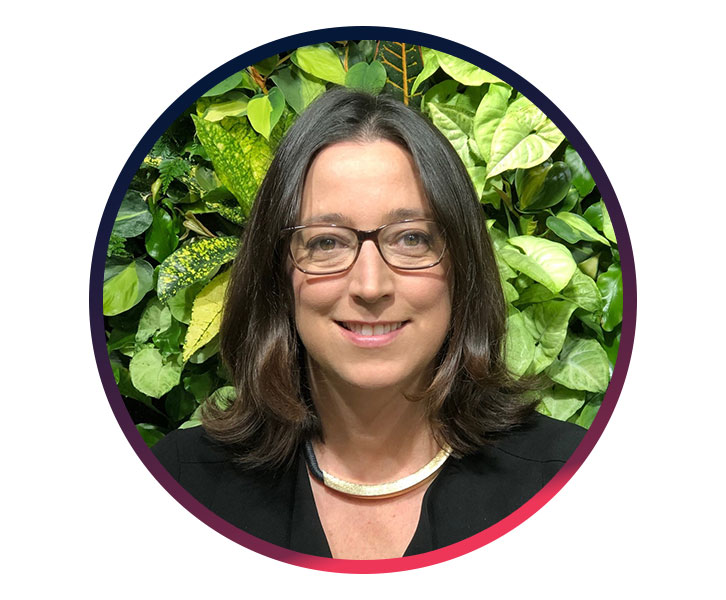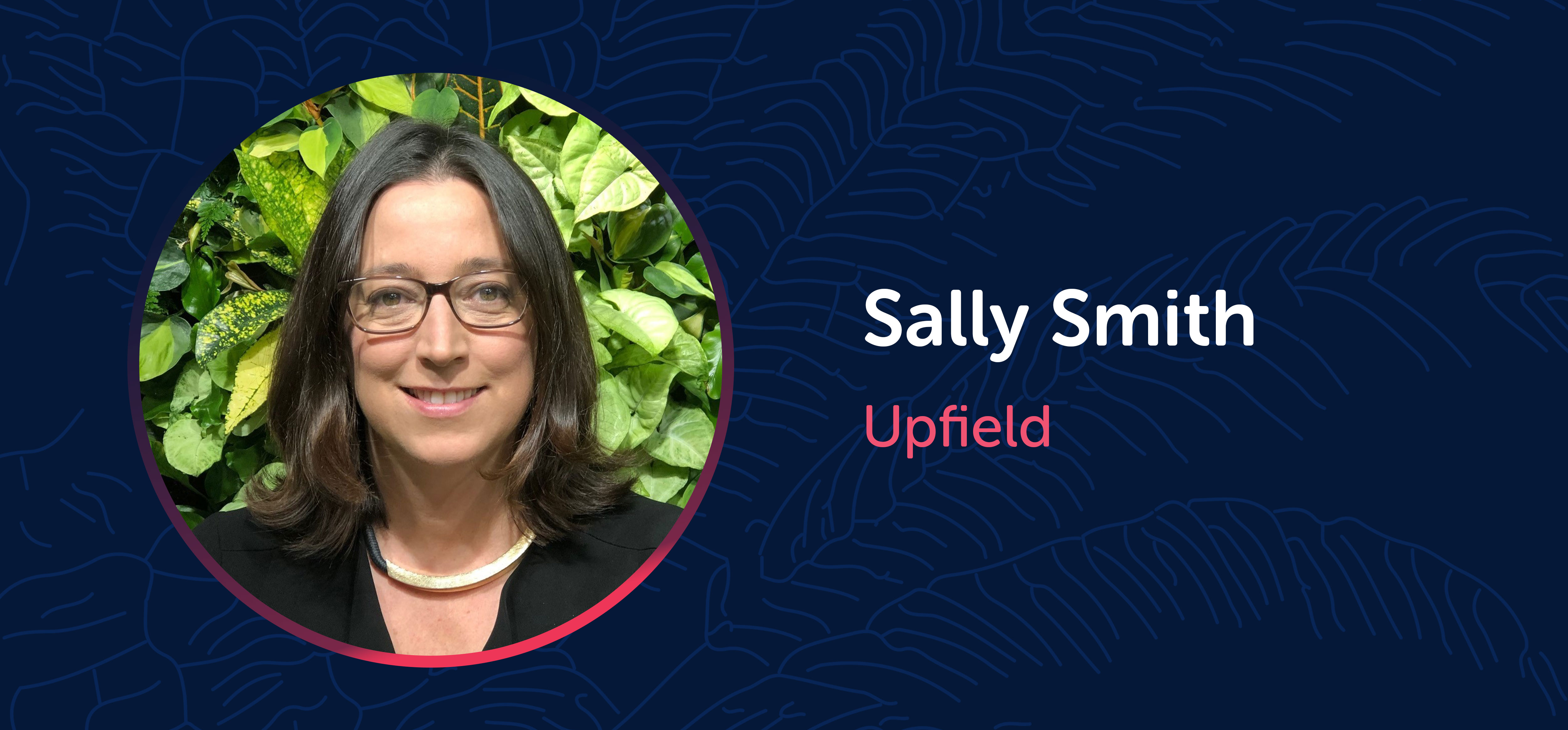One of the highlights of the 2019 RSPO conference was the adoption of the
Shared Responsibility rules, embodying the crucial role all RSPO members must play to “mobilise, act and transform”, in order to make sustainable palm oil the norm.
Oil palm buyers are an essential component, as their increased uptake can incentivise growers who have chosen sustainability and ensure all available CSPO produced is met by demand.
One company that is leading the pack is Upfield, a plant-based food manufacturer in Europe. In September 2019, the company announced it had reached its target to source 100% physical certified sustainable palm oil across its whole supply chain a few months early.
Sally Smith, Head of Sustainability at
Upfield, shares insights on what the company is doing and what should be next in the sustainable palm oil industry.
As a leading CGM that has reached 100% CSPO, what is next for Upfield?
Upfield is proud to have achieved 100% physical certified sustainable palm oil across our supply chain. Over the past year we have gone one step further and invested in satellite monitoring to ensure our policy commitment to NDPE (No Deforestation, No Peat and No Exploitation) principles are met. We will continue to work collaboratively with smallholder farmers to protect landscapes, enhance livelihoods and grow oil palm efficiently and sustainably.
What steps do you think the rest of the industry should now take to convert commitments to action?
It is well reported that what has collectively been achieved to date has not been enough to halt deforestation across the globe. Upfield is committed to responsibly and sustainably sourcing natural ingredients. Achieving 100% physical certified sustainable palm, ahead of our December 2019 target, is one way we have shown how we convert our policy commitments into action. We will continue to advocate for change across the sector and collaborate with partners to achieve no deforestation as an industry.
Why is ‘Shared Responsibility’ essential to achieving market transformation?
Market transformation must be a collective effort, and by sharing a common goal – to achieve no deforestation – each actor has a critical role to play. Every day, billions of consumers, millions of farmers, and thousands of leaders across governments, NGOs and industries make decisions that will impact market transformation. As an industry, we need to make it easier for consumers to buy sustainable products, for suppliers to deliver on NDPE principles across the world, for farmers to protect the forest and their families, and for companies, like Upfield, to purchase sustainable palm oil.
As market transformation has stagnated in recent years, with the proportion of certified sustainable palm struggling to push beyond the 20% level, we are supportive of new, innovative ways to encourage a higher level of commitment from existing members in order to make deforestation-free, sustainable palm oil the global standard.
“Every day, billions of consumers, millions of farmers, and thousands of leaders across governments, NGOs and industries, make decisions that will impact market transformation.”
What are the key learnings from this year’s conference? What role should brands play when it comes to helping consumers to choose sustainable palm oil?
At Upfield, we have an iconic brand family that includes global household names such as Flora, Country Crock, Rama and Becel. As a family of brands, we have an important role to play in a complex system. We believe that the biggest difference Upfield can make is to buy 100% certified sustainable palm oil for all of our brands, so that our consumers have the choice when it comes to their purchasing decisions.
More broadly, brands have an opportunity to help consumers understand why choosing products made from 100% sustainable palm oil is important. At Upfield, we will continue to tell our palm oil story, both on our product packaging, and in the way that we communicate externally, acting as advocates for wider changes and solutions that ultimately deliver no deforestation across the sector. We are committed to playing our part to ensure that credible, robust, sustainable palm oil is the norm.



